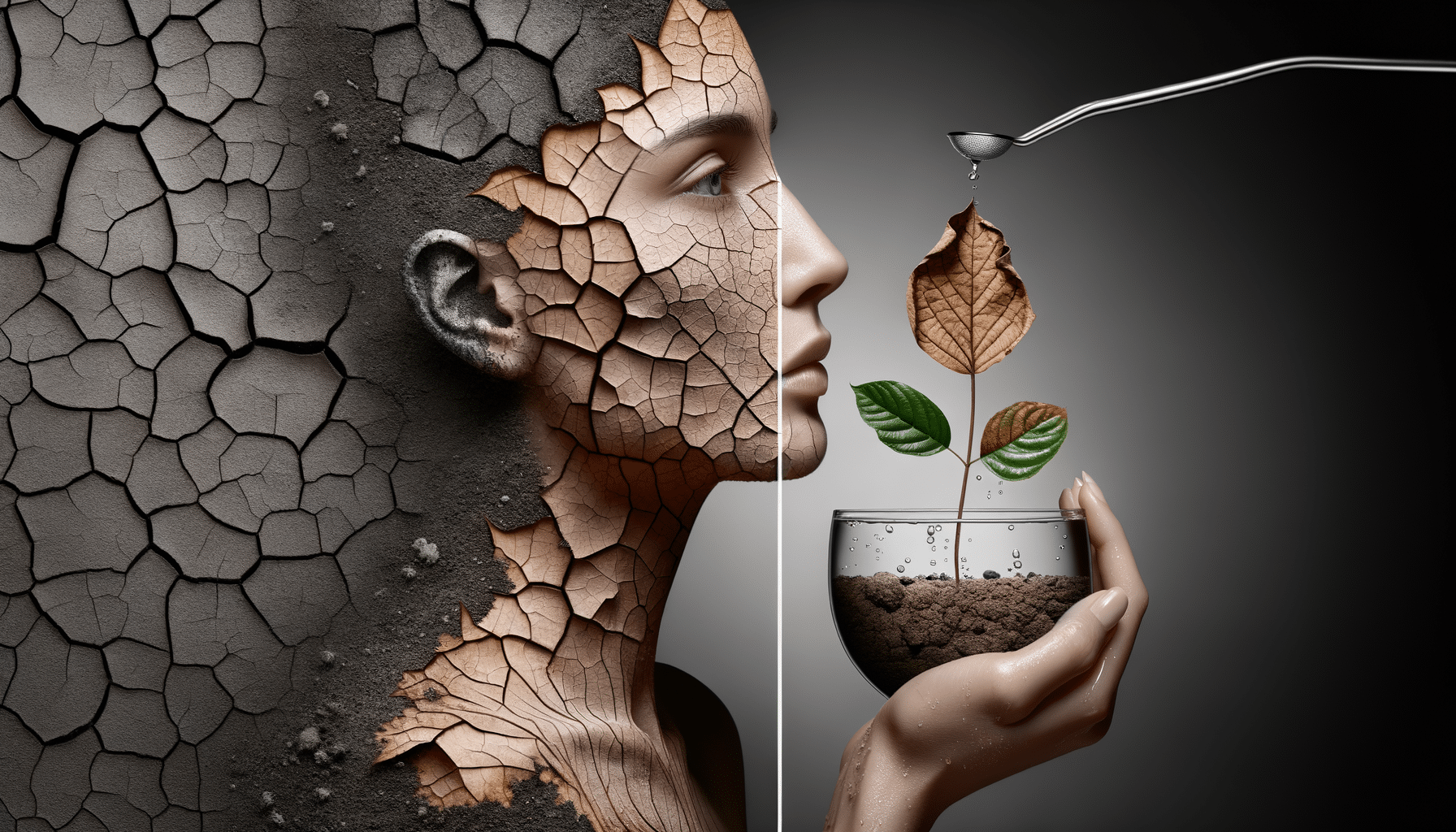Revitalize Your Skin: A Comprehensive Guide to Skin Rejuvenation
Skin rejuvenation is a process that enhances the skin’s appearance, offering solutions for a youthful and vibrant look.

Understanding Skin Rejuvenation
Skin rejuvenation refers to a variety of treatments designed to restore the skin’s youthful appearance. This can include addressing signs of aging such as wrinkles, fine lines, and sun damage. The importance of skin rejuvenation lies in its ability to enhance skin texture, tone, and overall health. With the skin being the body’s largest organ, it is constantly exposed to environmental stressors such as pollution, UV rays, and harsh weather conditions. These factors contribute to the aging process, making skin rejuvenation an essential part of skincare.
Several techniques and treatments fall under the umbrella of skin rejuvenation. These range from non-invasive procedures like chemical peels and microdermabrasion to more intensive options such as laser therapy and injectables. Each method offers unique benefits, making it crucial to choose the right one based on individual skin needs and concerns. Understanding the science behind these treatments can help in making informed decisions.
Popular Skin Rejuvenation Techniques
There are numerous techniques available for skin rejuvenation, each catering to different skin issues. Among the most sought-after methods are:
- Chemical Peels: These involve applying a chemical solution to the skin, which causes it to exfoliate and eventually peel off. The new skin is usually smoother and less wrinkled than the old skin.
- Microdermabrasion: This technique uses a special applicator with an abrasive surface to gently sand away the thick outer layer of the skin to rejuvenate it.
- Laser Resurfacing: This method uses concentrated beams of light to remove skin layer by layer, promoting the growth of new skin cells.
- Injectables: These include fillers and Botox, which work by filling in wrinkles or relaxing muscles to reduce the appearance of lines.
Each technique has its own set of advantages and potential side effects. For instance, while chemical peels can effectively treat acne scars and pigmentation, they may cause temporary redness and irritation. Similarly, laser resurfacing can significantly improve skin texture but might require a longer recovery time.
Choosing the Right Skin Rejuvenation Treatment
Selecting the appropriate skin rejuvenation treatment depends on several factors, including skin type, age, and specific concerns. Consulting with a dermatologist or skincare specialist is a crucial step in this process. They can provide personalized recommendations based on a thorough assessment of your skin.
For individuals with sensitive skin, non-invasive treatments like microdermabrasion or light chemical peels may be recommended. Those looking to address deeper wrinkles or significant sun damage might benefit more from laser treatments or injectables. It’s essential to consider the downtime associated with each treatment as well. For instance, chemical peels might require avoiding sun exposure for a few days, while laser treatments can necessitate a recovery period of up to two weeks.
Ultimately, the goal is to choose a treatment that aligns with your lifestyle, budget, and skincare goals. By understanding the pros and cons of each option, you can make an informed decision that supports your skin’s health and beauty.
The Role of Skincare in Rejuvenation
While professional treatments offer significant benefits, skincare plays a vital role in maintaining and enhancing the results of skin rejuvenation. A consistent skincare routine can help prolong the effects of treatments and prevent future skin damage. Key components of an effective skincare regimen include:
- Cleansing: Regular cleansing removes dirt, oil, and impurities, preparing the skin for other products.
- Exfoliating: This helps to remove dead skin cells, promoting cell turnover and a brighter complexion.
- Moisturizing: Keeping the skin hydrated is crucial for maintaining its elasticity and preventing dryness.
- Sun Protection: Using a broad-spectrum sunscreen daily is essential to protect the skin from harmful UV rays and prevent premature aging.
Incorporating products with active ingredients such as retinoids, vitamin C, and hyaluronic acid can also enhance skin rejuvenation. These ingredients are known for their ability to improve skin texture, reduce pigmentation, and boost collagen production.
Conclusion: Embrace Your Skin’s Potential
Skin rejuvenation offers a pathway to achieving a more youthful and radiant complexion. By understanding the various treatments available and integrating a solid skincare routine, individuals can effectively address their skin concerns and enhance their natural beauty. Whether opting for non-invasive procedures or more intensive treatments, the key is to make informed choices that align with personal goals and lifestyle. As you embark on your skin rejuvenation journey, remember that patience and consistency are vital. With time and care, you can unveil your skin’s full potential and enjoy a vibrant, youthful appearance.